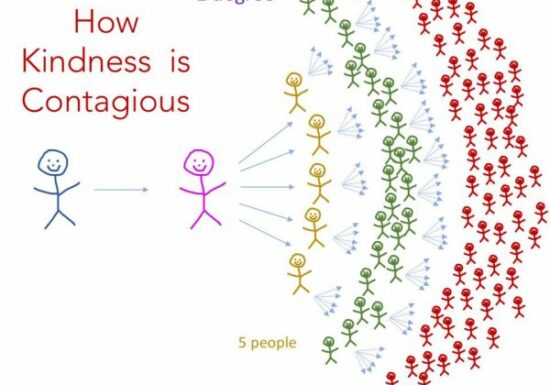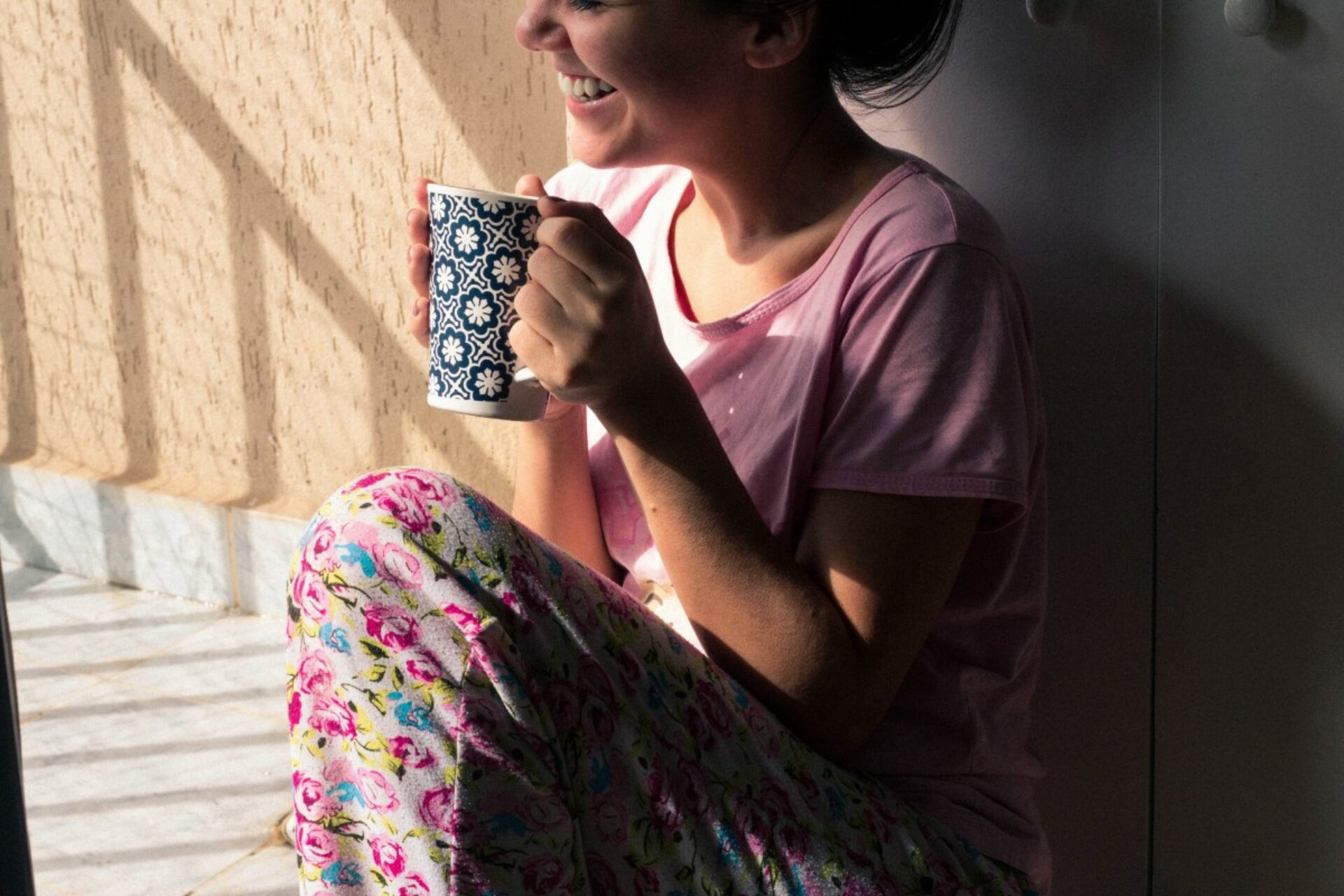The theme of #MentalHealthAwarenessWeek this year is kindness, so a senior peer researcher shares some suggestions to hopefully help during this particularly hard time.
Humma Andleeb
As a result of the global Covid-19 pandemic, we have been living life like we have never done before – regardless of our personal situations – so we could all do with a little bit of kindness.
With this in mind, and because the theme of #MentalHealthAwarenessWeek this year is kindness, I wanted to share some suggestions that may help you during this period or beyond.
I listen to a lot of podcasts and one that I tune into weekly is Feel Better, Live More by Dr Rangan Chatterjee. Rangan shares conversations with a range of experts in the health and lifestyle field, with the aim of sharing tips and knowledge to help people ‘feel better and live more’.
Dr David Hamilton, who has written many books on the mind and body, joined him in a recent episode to discuss kindness and the effects of it.
Research shows that for every person you are kind too, they are kind or kinder to five more people, over the course of just one day. These five people are then each kind or kinder to five more people and so on.
Kindness spreads
Kindness is the quality of being friendly, generous and considerate; and its effects are multiple – even mind-blowing! Being kind to someone increases the likelihood that this person is kind or kinder to someone else.
In fact, research shows that for every person you are kind too, they are kind or kinder to five more people, over the course of just one day. These five people are then each kind or kinder to five more people and so on, meaning that in just three steps, someone is kind or kinder to 125 people.

Interestingly, studies have even found that watching someone be kind has a positive effect on the observer; so not just the giver and receiver benefits from kindness but the watcher does too.
Positive effects of kindness
When someone is kind to us, we feel the effects – it makes us feel calmer and happier, it might even give us a spring in our step. We can understand more about how kindness affects our bodies by looking at the hormone oxytocin, which is also sometimes known as the ‘cuddle hormone’ or the ‘kindness hormone’.
Oxytocin is released during social interactions, sexual reproduction and in childbirth. Kindness acts, such as empathy, compassion and touch also cause a rise in oxytocin.
The positive effects of oxytocin or kindness on the body are numerous. In fact, kindness has the exact opposite effect on our bodies compared to stress. Stress increases heart rate and makes us feel agitated through tightening of muscles, but oxytocin decreases heart rate and brings about feelings of relaxation. So, when people say, “kindness is good for you”, they really mean it!
What’s more, the gene for oxytocin is 500 million years old, making it one of the oldest genes in the human genome. This just goes to show how fundamental kindness is to human survival.
At a time where there are so many uncertainties, let’s be kinder to those around us near and far, so that we can amplify and spread the effects of kindness.
Opportunities to be kind
At this time, we may have more limited face to face interactions with people, but this doesn’t mean there aren’t still opportunities to be kind. Why not try the ‘Kindness Challenge’ set by Rangan and David?
The challenge asks you to do a random act of kindness once a day for seven days. This can be big or small – even making someone a cup of tea counts. What you do each day must be different, and at least once, try to do something anonymous and something outside your comfort zone.
One way I’ve done this is by reaching out to old friends that I haven’t spoken to in a while. Some of them are key workers, so checking in with them and offering some support has been a gentle reminder for me to make time for people, even if it’s just a minute here and there.
My sister is also a key worker (doctor) and moved to a hotel at the start of the pandemic to prevent potential spread of the virus. So, I also sent her some money to treat herself to a coffee and some snacks, after a night shift at the hospital.
At a time where there are so many uncertainties, let’s be kinder to those around us near and far, so that we can amplify and spread the effects of kindness.
In the future, we can expand our kindness practice to complimenting the coffee barista for making an amazing coffee, holding open the door for a stranger or offering a shoulder to someone in need; but for now, let’s practice kindness through messages, phone calls and physical acts of kindness with those we live with.
Humma Andleeb is a Senior Researcher at McPin
You can find references to all the scientific findings stated above in the further reading attached to the podcast episode.
